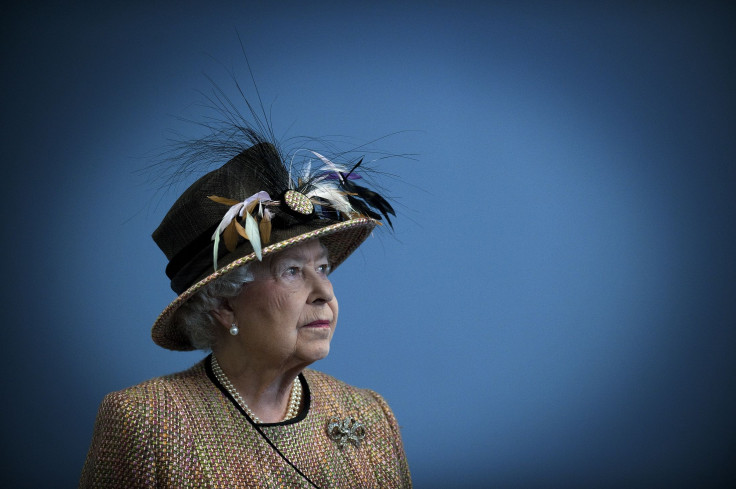Could Queen Elizabeth Have Stopped Brexit? Palace Prevents EU Referendum Discussion, But She’s Broken Protocol Before

As news of the Brexit vote reverberated around the world Friday morning, critics pointed fingers as to who was responsible for persuading the majority of Britons to leave the European Union. Should they blame Prime Minister David Cameron? Former London Mayor Boris Johnson? Or what about Queen Elizabeth II?
The newly 90-year-old monarch is supposed to be “strictly neutral with respect to political matters,” according to the palace website. She’s not even allowed to vote. But she’s broken protocol to express her opinions before, and she almost certainly has thoughts on the Thursday vote that’s left the British economy in freefall. Should the queen have stepped into the EU debate sooner?
Queen Elizabeth, who was crowned in the 1950s, was overseeing England in 1973 when it first joined the EU’s first iteration, the European Economic Community — something that happened “with [her] blessing,” Newsweek reported. However, she made headlines earlier this month when biographer Robert Lacey wrote in the Daily Beast that the monarch had been asking her friends to “Give me three good reasons why Britain should be part of Europe.”
The article followed a March report in the Sun that claimed the queen told a colleague in 2011 “she believed the EU was heading in the wrong direction.” The palace later debunked the story, and the Independent Press Standards Organization chastised the Sun for its sensational headline.
Though the queen is supposed to be neutral, she has waded into political discussions previously. In 2014, when Scotland was weighing whether to leave the United Kingdom and become independent, the monarch told a well-wisher she “hope[d] people will think very carefully about the future,” BBC News reported. After the vote, Cameron told former New York City Mayor Michael Bloomberg the queen “purred down the line” when he let her know her Scotland decided against independence. Cameron was later forced to apologize, the Guardian reported.
The royal family may never reveal how members feel about the Brexit vote, and we may never know how their taking a political stance might have impacted its outcome. The queen is well-loved, with 68 percent of Britons telling YouGov last year that the institution of the monarchy was good for Britain.
“She also embodies a continuity with Britain’s past like no other figure in our national life,” the Guardian wrote in a March editorial. “It is a damning commentary on the state of our public life that perhaps the most trusted figure in it is someone untouched by democracy, never chosen by anyone: our unelected head of state. ... This is an asset that has been painstakingly built up by the current monarch over 64 years. She knows that the monarchy could have the most enormous influence. But she also knows that what gives the institution that power is its own reluctance to use it. It is like a magic lamp that can grant but one wish: Once used, it loses its luster forever.”
Pity the person whose job it is to tell The Queen this morning that another Scottish referendum looking likely #Brexit
— Victoria Murphy (@byQueenVic) June 24, 2016
© Copyright IBTimes 2025. All rights reserved.






















